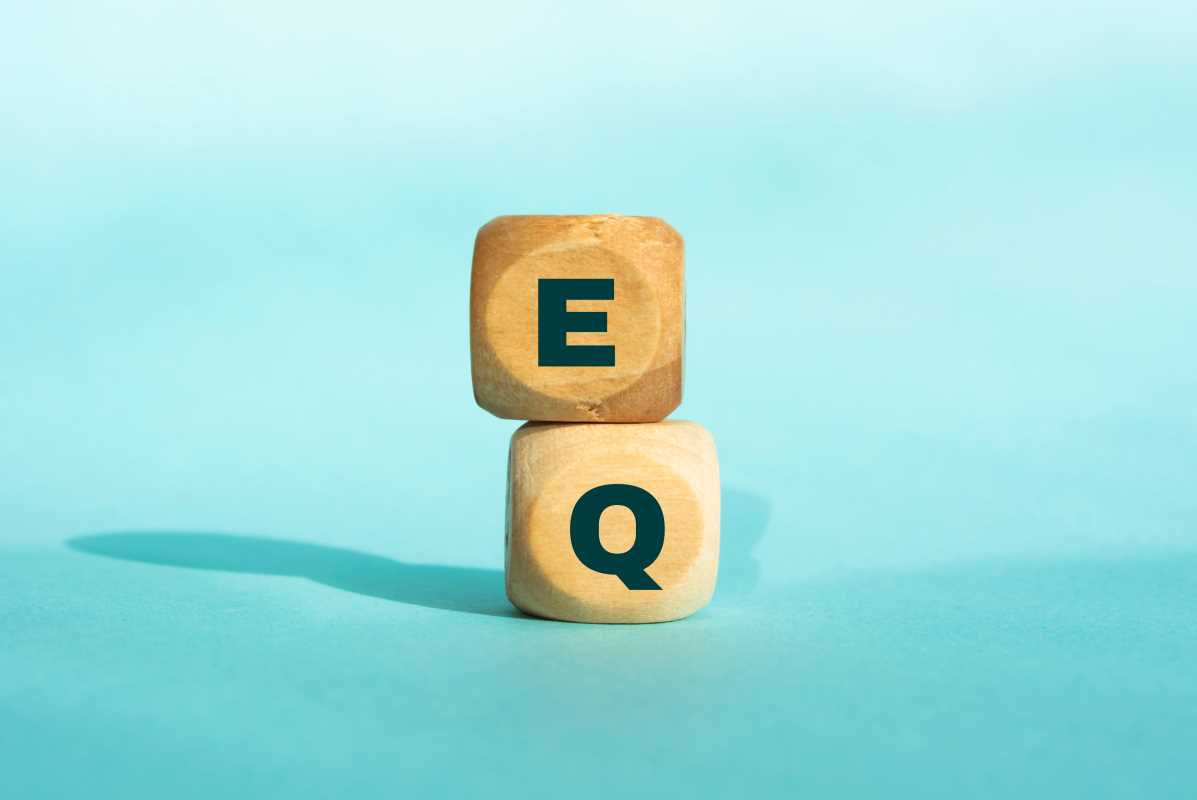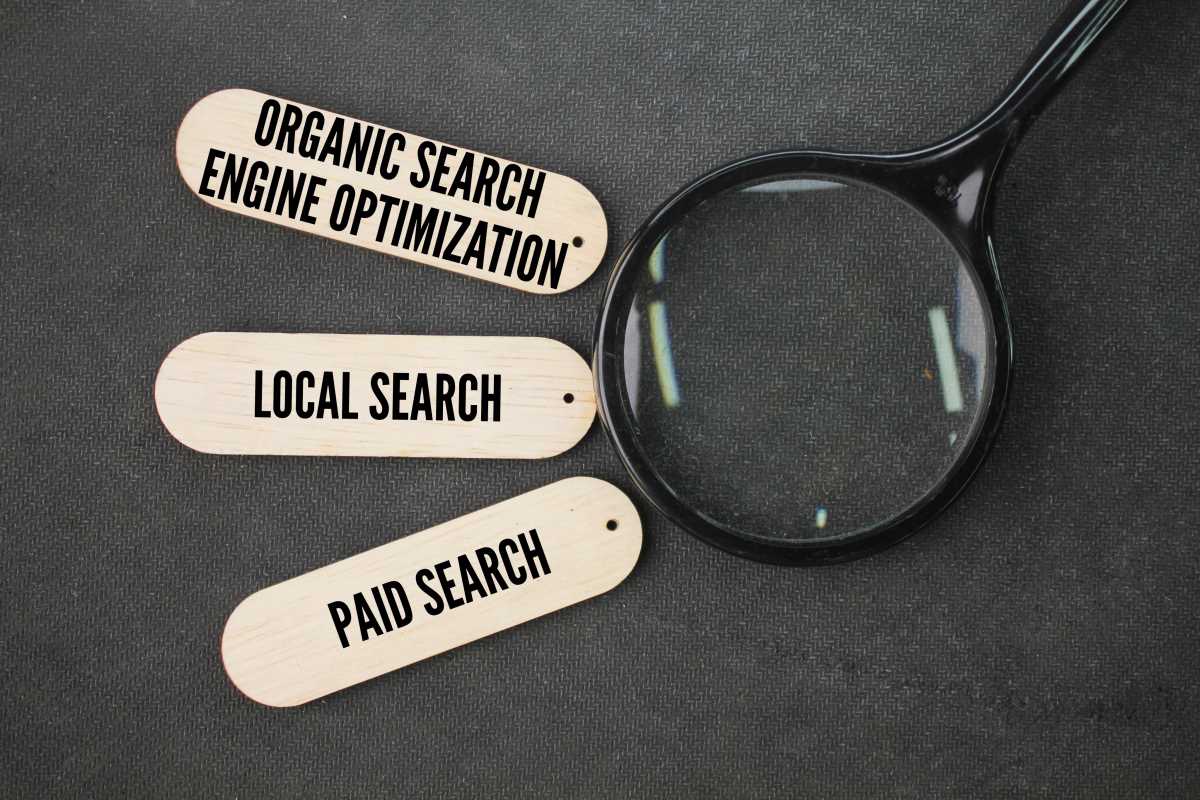Imagine a team of all-stars. You have a brilliant engineer, a visionary designer, a data-savvy marketer, and a sharp-witted salesperson. On paper, they have all the technical skills needed to launch a groundbreaking product. Yet, projects stall, meetings are filled with tension, and progress moves at a snail's pace. The engineer doesn't understand why the designer is so focused on aesthetics, the marketer feels the salesperson is too aggressive, and nobody seems to be on the same page. What's missing? The problem often isn't a lack of talent or expertise; it’s a deficit in emotional intelligence (EI). In today's collaborative workplaces, bringing together people from different departments—known as cross-functional teams—is essential for innovation. However, these teams can only succeed when their members can understand, manage, and navigate the complex web of human emotions that come with working together. Emotional intelligence is the invisible thread that ties diverse skills together, turning a group of individuals into a cohesive, high-performing team.
Emotional intelligence, often shortened to EI or EQ, is the ability to recognize, understand, and manage your own emotions, as well as to recognize, understand, and influence the emotions of others. It’s not just about being "nice"; it's a critical set of skills that helps us navigate social situations and make better decisions. The concept was popularized by psychologist Daniel Goleman, who broke it down into five key components. Understanding these pillars is the first step to seeing how EI impacts the workplace.
1. Self-Awareness
This is the foundation of emotional intelligence. It’s your ability to understand your own emotions, strengths, weaknesses, and what motivates you. A self-aware person knows how their feelings affect their thoughts and behavior. For example, a self-aware team member might recognize they feel defensive when receiving feedback and can consciously choose to listen with an open mind instead of reacting negatively.
2. Self-Regulation
Building on self-awareness, self-regulation is the ability to control your emotional responses. It's about thinking before you act. Instead of lashing out when frustrated or shutting down when stressed, a person with strong self-regulation can stay calm under pressure, manage conflict constructively, and adapt to changing circumstances.
3. Motivation
This refers to an internal drive to achieve goals for the sake of personal fulfillment, not just for external rewards like money or status. People with high EI are often optimistic and resilient. They are driven to improve and are more likely to take initiative and persevere through challenges, inspiring others to do the same.
4. Empathy
Empathy is the ability to understand and share the feelings of another person. In a team setting, it means being able to see a situation from a colleague's perspective, even if you don't agree with them. An empathetic team member can sense when a colleague is overwhelmed or frustrated and can offer support, fostering a sense of psychological safety.
5. Social Skills
This component ties everything together. It involves using your awareness of your own emotions and the emotions of others to manage relationships and build networks. Good social skills include active listening, clear communication, persuasiveness, and the ability to lead and collaborate effectively.
The Benefits of EI in Cross-Functional Teams
When a team is made up of people from different departments, they bring diverse perspectives, priorities, and ways of communicating. This diversity is a huge asset for innovation, but it can also be a major source of friction. Emotional intelligence acts as the lubricant that keeps the gears of collaboration turning smoothly.
Improved Communication
Cross-functional teams often struggle because each department has its own language. Marketers talk about funnels and conversions, while engineers talk about sprints and APIs. A team with high EI is better at bridging these communication gaps. Empathetic team members take the time to understand what their colleagues from other departments are trying to say, and they adjust their own language to be more inclusive and clear. This prevents misunderstandings and ensures everyone feels heard and respected.
More Constructive Conflict Resolution
Disagreements are inevitable, especially when people with different goals are working together. The marketing team might want to launch a product quickly to meet a market window, while the engineering team wants more time to ensure its stability. Without emotional intelligence, this conflict can devolve into finger-pointing and resentment. With high EI, team members can use self-regulation to manage their frustration and empathy to understand the other side's concerns. This allows them to approach the conflict as a shared problem to be solved, leading to a compromise that serves the overall business goal.
Increased Trust and Psychological Safety
Psychological safety is the shared belief that the team is safe for interpersonal risk-taking. It means team members feel comfortable speaking up, asking questions, and admitting mistakes without fear of being embarrassed or punished. Emotional intelligence is a key driver of psychological safety. When leaders and team members demonstrate empathy and self-regulation, they create an environment where people feel safe to be vulnerable. This trust is the bedrock of effective collaboration, as it encourages open dialogue and creative thinking.
Enhanced Innovation and Problem-Solving
Innovation rarely happens in a vacuum. It comes from combining different ideas and perspectives. A cross-functional team with high EI is better equipped to foster this creative process. Team members who are self-aware and empathetic are more likely to listen to and build upon the ideas of others, even if those ideas are unconventional. This collaborative spirit allows the team to connect disparate concepts and arrive at more innovative solutions than any single individual could have on their own.
Actionable Strategies for Developing EI in Your Team
Emotional intelligence is not a fixed trait; it's a set of skills that can be learned and developed over time. As a leader or a team member, you can take proactive steps to cultivate a more emotionally intelligent culture.
1. Start with Self-Awareness Assessments
You can't improve what you don't measure. Encourage team members to take self-assessment quizzes like the ones found in Goleman's books or other reputable online sources. Discussing the results as a team can be a non-threatening way to start a conversation about strengths and areas for growth. This helps individuals understand their own emotional patterns and how they might be perceived by others.
2. Practice Active Listening
Active listening is a core component of empathy. It means fully concentrating on what is being said rather than just passively hearing the words. Train your team to:
- Paraphrase and summarize: "So, if I'm understanding correctly, your main concern is..." This shows you are listening and clarifies any potential misunderstandings.
- Ask open-ended questions: Instead of asking "yes" or "no" questions, ask questions that encourage deeper explanation, like "Can you tell me more about why that's a priority for you?"
- Pay attention to non-verbal cues: Notice body language and tone of voice, as they often convey more than words alone.
3. Encourage Open and Honest Feedback
Create regular opportunities for the team to give and receive constructive feedback. One effective method is the "Start, Stop, Continue" model. In a team meeting, each person can share:
- What the team should start doing.
- What the team should stop doing.
- What the team should continue doing.
This structured format makes feedback feel less personal and more focused on improving the team's process. It requires both self-regulation (to receive feedback gracefully) and social skills (to deliver feedback constructively).
4. Lead by Example
Emotional intelligence starts at the top. As a leader, your behavior sets the tone for the entire team.
- Acknowledge your own emotions: Be open about your own feelings in a professional manner. Saying something like, "I'm feeling a bit stressed about this deadline, so let's work together to create a clear plan," models self-awareness and encourages others to be open as well.
- Show empathy: Make an effort to understand the challenges your team members are facing, both professionally and personally.
- Admit your mistakes: When you make a mistake, own it. This demonstrates humility and builds trust.
 (Image via
(Image via





